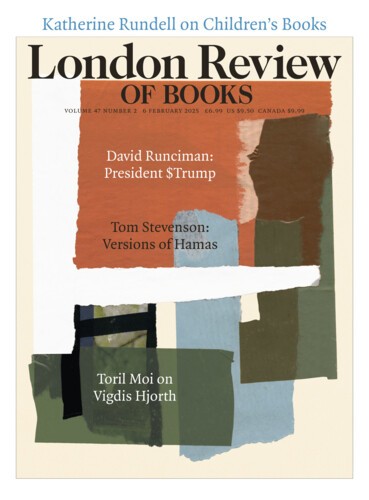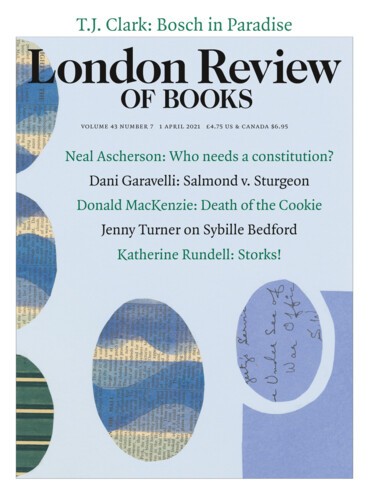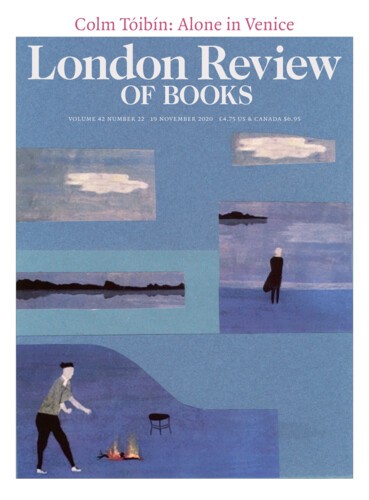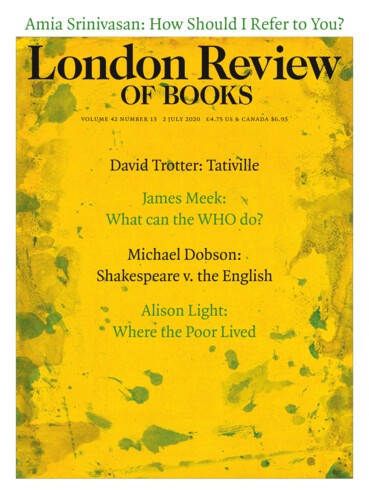Why children’s books?
Katherine Rundell, 6 February 2025
In 1803, Samuel Taylor Coleridge sat in his astronomer’s study in Keswick, and wrote in his notebook his central Principle of Criticism:
never to lose an opportunity of reasoning against the head-dimming, heart-damping principle of judging a work by its defects, not its beauties. Every work must have the former – we know it a priori – but every work has not the latter, and...





